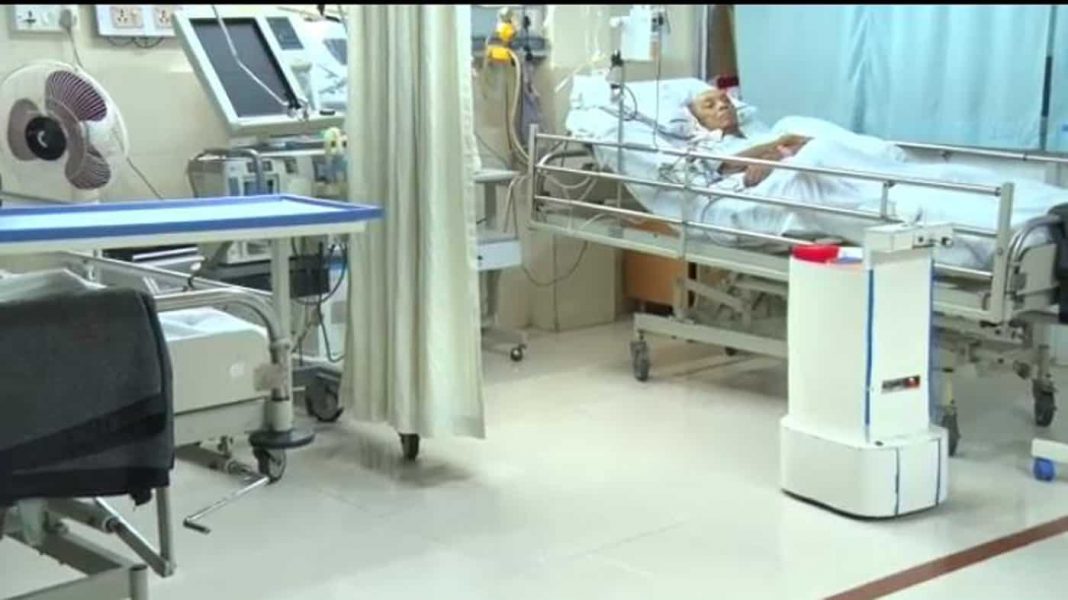With Delhi recording the highest number of cases in the country, judicial intervention has shown the local government the way forward in the fight against the deadly pandemic.
By Sanjay Raman Sinha
The situation in the national capital is quite alarming. Delhi is one of the worst-hit areas in the country with the total Covid-19 cases crossing the 70,000-mark last week. The battle against the coronavirus here is in a critical stage and the centre has been forced to step in to try and salvage the situation. The Delhi government initiated house-to-house surveys and many more measures have been taken to try and stem the daily rise in infections and fatalities.
The dire situation has also forced the courts to intervene by passing a slew of orders to prod the government to take corrective action. Dr Rahul Bhargava, cancer specialist, Fortis Hospital, said that while testing had increased there was not much transparency in the whole process. Admitting patients to hospitals was still a big problem, he said, adding that plasma treatment was available in only a few hospitals.
Dr Neeraj Mishra, an AAP leader, however maintained that in Delhi testing was high and the state government was handling the situation well at the ground level.
On June 25, the Delhi government submitted in the Delhi High Court that 18,000 tests were being done every day. The Court was informed that a total of 89,290 tests had been conducted over a period of five days, and more ambulances were now being made available.
However, Dr N Pradeep Sharma, senior advocate in the Supreme Court, countered AAP’s stand. He said: “The situation was not safe and sound in Delhi. That was the reason why we were compelled to file a PIL in Court. There were patients who were not getting admission in hospitals. That is why we requested the Court to involve private hospitals also.” Dr Sharma added that before the PIL, the government said there were 30,000 beds available. But after the matter went to court it admitted there were only 3,150 beds and as a result services of private hospitals were requisitioned.
Lt. Governor Anil Baijal had earlier shot down the proposal of the Delhi government to put mild patients in home quarantine. However, the order was later withdrawn and cases with mild symptoms were allowed to be kept under home quarantine.
Senior advocate Harsh Sharma said: “There is no official policy on quarantine in Delhi. Instructions are shifting from home quarantine to hospital quarantine and vice versa. The policy should be simple so that people can understand and follow. Testing of asymptomatic people should happen quickly.”
The way the dead bodies of corona patients were handled in hospitals was also worrisome and disgusting. “Dead bodies were not cared for. Machines in crematoriums had failed to function. The Delhi government asserted that healthcare facilities in the capital were world-class but when the health minister of Delhi contracted the virus and his situation deteriorated he was shifted to a private hospital,’’ said Dr Sharma.
Of late, the Covid situation has often been referred to in courts and judicial intervention has always been forthcoming. Dr Sharma, who has filed a batch of PILs to rectify the situation, said: “All that is being done is due to PILs. After the court intervention, the number of beds has increased, disposal of dead bodies is being done in a proper manner. We had appealed to the Court for intervention on the basis of Article 21 and the Court had passed relevant orders. Salaries of healthcare professionals were also released on time.” Senior advocate Raut said: “If the Court passes an order on the basis of Article 226, then the government is dutybound to follow instructions, otherwise it will face contempt of court. Hence it should decide on the proper course of action as per the Court’s direction.” It is time the government came up with an effective Covid-19 policy.
Lead Picture:UNI


